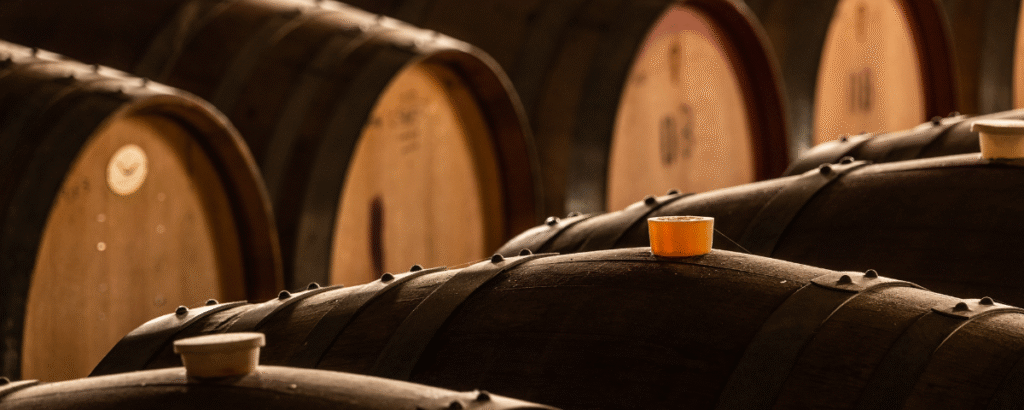
Dealcoholisation:
the sustainable alcohol-free wine revolution
In a world increasingly focused on health and environmental impact, the keyword is awareness. This also applies to the wine industry, where dealcoholization is emerging as one of the most intriguing innovations of recent years. But what does it really mean to produce a non-alcoholic wine? And why is it becoming a rising consumer trend?
What is dealcoholization?
Dealcoholization is the process of reducing or completely removing alcohol from fermented beverages, such as wine or beer, without compromising their organoleptic qualities. Thanks to advanced technologies—like reverse osmosis, vacuum distillation, or membrane column systems—it is possible to obtain dealcoholized wine that retains its aromatic profile while bringing the alcohol content close to zero.
Why is demand for non-alcoholic wine increasing?
Today’s consumers are seeking healthier drinking experiences without giving up on taste. The demand for premium alcohol-free beverages is booming, driven by global trends around well-being, mindful drinking, and social inclusivity. Non-alcoholic wine has become a lifestyle choice—perfect for those who want to enjoy a glass of wine without the effects of alcohol.
An innovation that respects tradition
Some believe removing alcohol strips wine of its soul. In reality, modern food technology enables producers to preserve the wine’s taste, body, and bouquet almost intact. Dealcoholization is not a compromise but a respectful process that honors the raw material and wine culture. It’s a perfect example of food innovation serving tradition.
Non-alcoholic wine and sustainability: a winning combination
Beyond its health benefits, dealcoholized wine can also represent a more sustainable choice. Certain technologies lead to energy savings, efficient resource management, and even by-product valorization. At a time when sustainability in winemaking is a top priority, dealcoholization offers a real opportunity to reduce environmental impact and embrace green innovation.
A more inclusive and responsible future
Producing alcohol-free beverages also opens the door to new markets: people who don’t drink for religious, medical, or personal reasons; young adults; athletes; pregnant women. It’s a form of social inclusion that allows everyone to enjoy the wine experience in a more free and accessible way.
Conclusion: Sustainable wine also speaks the language of dealcoholization
In a world of constant evolution, embracing dealcoholization is not just a market-driven decision—it’s a conscious act of responsibility. A way to offer modern, sustainable, and inclusive wine. It’s not about taking something away, but about transforming. And perhaps, evolving.



